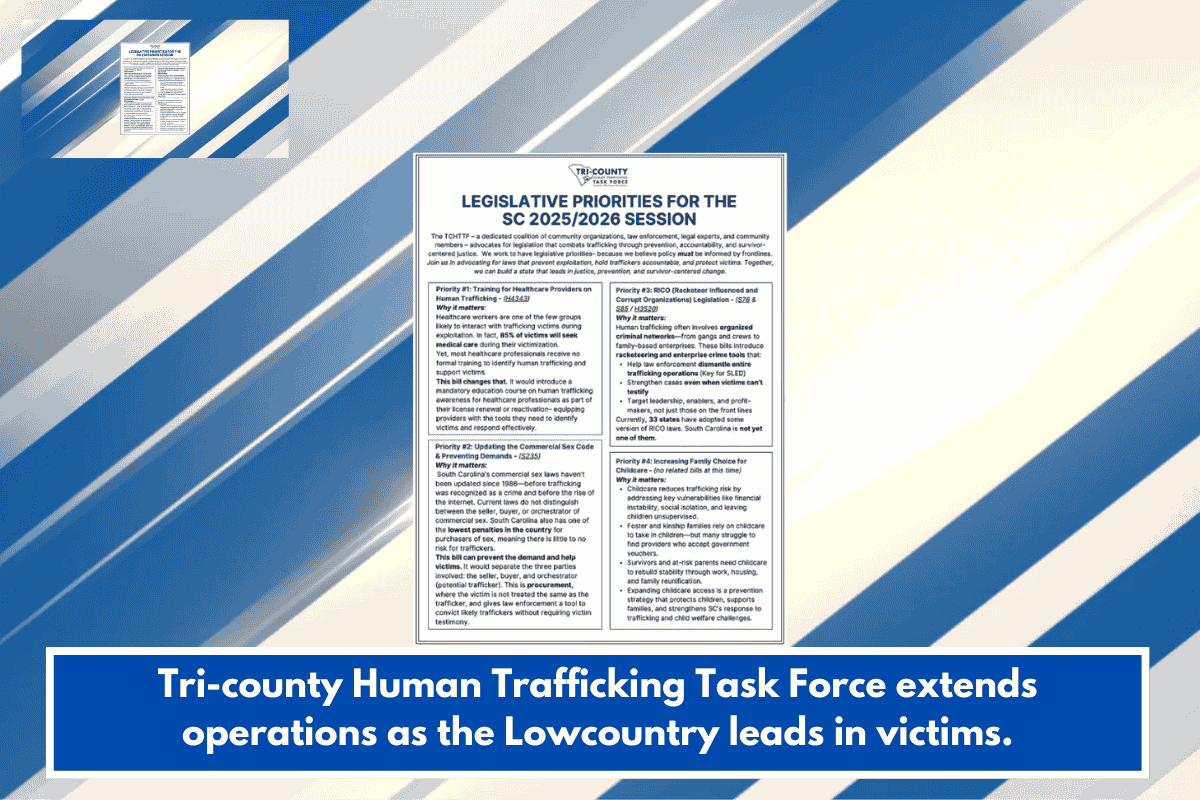As the cost of living continues to rise across the United States, tenants in New Mexico may be concerned about potential rent increases. Understanding your rights as a tenant is essential to ensuring that you’re not caught off guard by sudden changes in your rent. Here’s a guide to the rent increase laws in New Mexico as of 2025, so tenants can stay informed and prepared.
Overview of Rent Increase Laws in New Mexico
In New Mexico, there are no statewide rent control laws that limit how much a landlord can increase rent or how often they can do so. However, certain rules and regulations apply to the timing and process of rent increases, particularly regarding how much notice must be given to tenants.
Key Rules for Rent Increases in New Mexico
- Notice Requirements:
The law requires landlords to provide written notice of any rent increase. The amount of notice depends on the terms of your lease agreement:- For month-to-month tenants, the landlord must provide at least 30 days’ written notice before increasing the rent.
- For tenants with fixed-term leases, rent increases generally cannot occur until the lease term expires unless otherwise stated in the lease agreement. Any changes would need to be negotiated for the next term of the lease.
- No Rent Control:
New Mexico does not have statewide rent control laws, meaning landlords are free to increase rent by any amount they deem necessary. However, the increase must be reasonable and comply with the proper notice requirements. While there’s no cap on rent increases, they must still adhere to the terms of the lease agreement. - Lease Agreements and Rent Increases:
The terms outlined in your lease agreement play a crucial role in determining how rent increases are handled. Some leases may include clauses specifying the conditions under which rent can be raised, or they may set a limit on rent increases. It’s important to review your lease carefully to understand any restrictions on rent hikes. - Rent Increases and Discrimination:
While New Mexico does not regulate rent increases, discriminatory rent increases are prohibited under both state and federal law. Landlords cannot increase rent as a form of retaliation against tenants for asserting their rights, such as complaining about unsafe living conditions, or based on discriminatory reasons like race, gender, or family status. - Rent Increases After Eviction or Non-Renewal:
If a tenant has been evicted or their lease is not renewed, landlords have the freedom to set a new rent rate for future tenants. However, this must still align with fair housing laws, and any previous tenant’s rent cannot be used as a basis for increasing rent unfairly for a new tenant.
Rent Increase Limits in Albuquerque
While the state does not have statewide rent control, certain cities in New Mexico may implement their own local rules. Albuquerque, for example, has introduced affordable housing initiatives, but these are typically more focused on new development or subsidized housing rather than rent control. Tenants in Albuquerque can expect to see typical notice requirements for rent increases, similar to the statewide rules.
What Tenants Can Do if They Disagree with a Rent Increase
If a tenant feels that a rent increase is unfair or does not comply with the notice requirements, they can:
Negotiate with the landlord: Open a line of communication to discuss the rent increase, possibly reaching a more reasonable compromise.
Seek legal help: If the increase seems to violate rental laws or lease agreements, tenants may consider seeking advice from a legal professional specializing in tenant rights.
File a complaint: Tenants can file a complaint with the New Mexico Attorney General’s office or their local consumer protection agency if they believe the rent increase is illegal or discriminatory.
Tips for Tenants to Prepare for Rent Increases
- Review Your Lease: Always understand the terms of your lease, including any clauses related to rent increases. Some leases may include guidelines for rent hikes.
- Budget Accordingly: Prepare for the possibility of a rent increase by setting aside a portion of your budget for potential rent changes.
- Understand Your Rights: Familiarize yourself with state and local rental laws to know what is required of your landlord when it comes to rent increases.
- Stay Informed About Market Trends: Keep an eye on rental market trends in your area. If the market is competitive, it may give landlords more room to increase rent, but if there’s an abundance of rental properties, the pressure to raise rents may decrease.
While New Mexico does not have rent control laws, tenants are still protected by state laws that require adequate notice for rent increases. As of 2025, landlords must give at least 30 days’ notice for month-to-month tenants, and tenants with fixed-term leases can only see rent increases at the end of their lease term unless otherwise stated. Understanding these rules can help tenants navigate any potential rent increases and take steps to protect their rights.
SOURCES
[1] https://www.nmlegis.gov/Sessions/25%20Regular/bills/house/HB0442.html
[2] https://innago.com/new-mexico-landlord-tenant-laws/
[3] https://www.steadily.com/blog/rent-increase-laws-regulations-new-mexico
[4] https://www.hemlane.com/resources/new-mexico-rent-control-laws/
[5] https://www.steadily.com/blog/how-much-can-a-landlord-raise-rent-in-new-mexico














